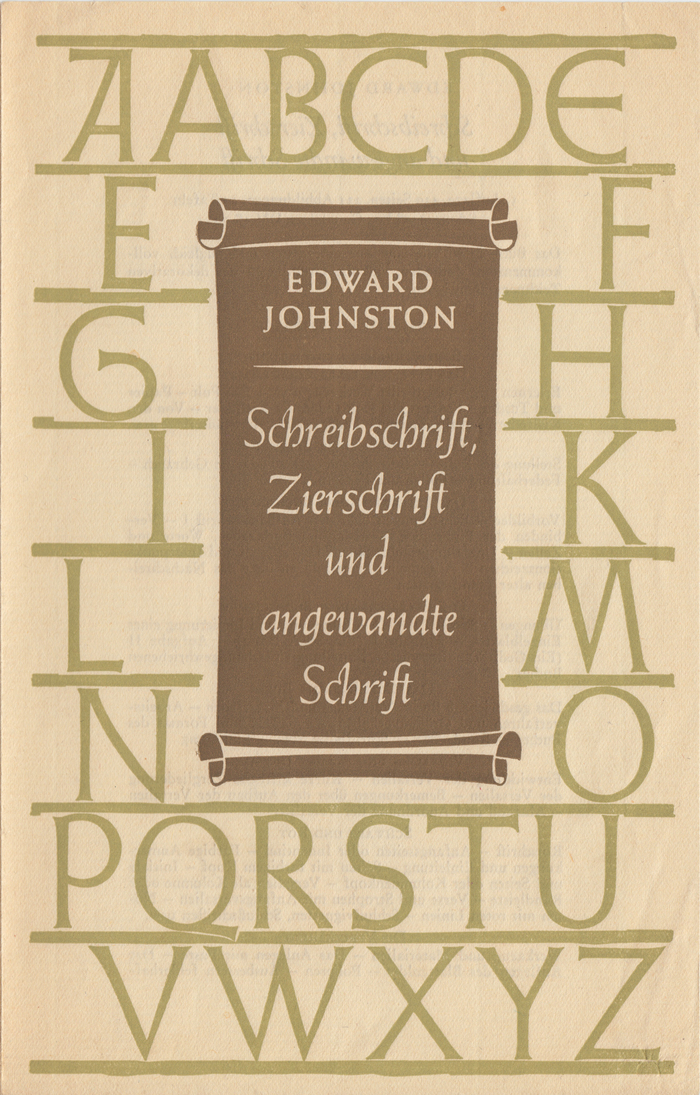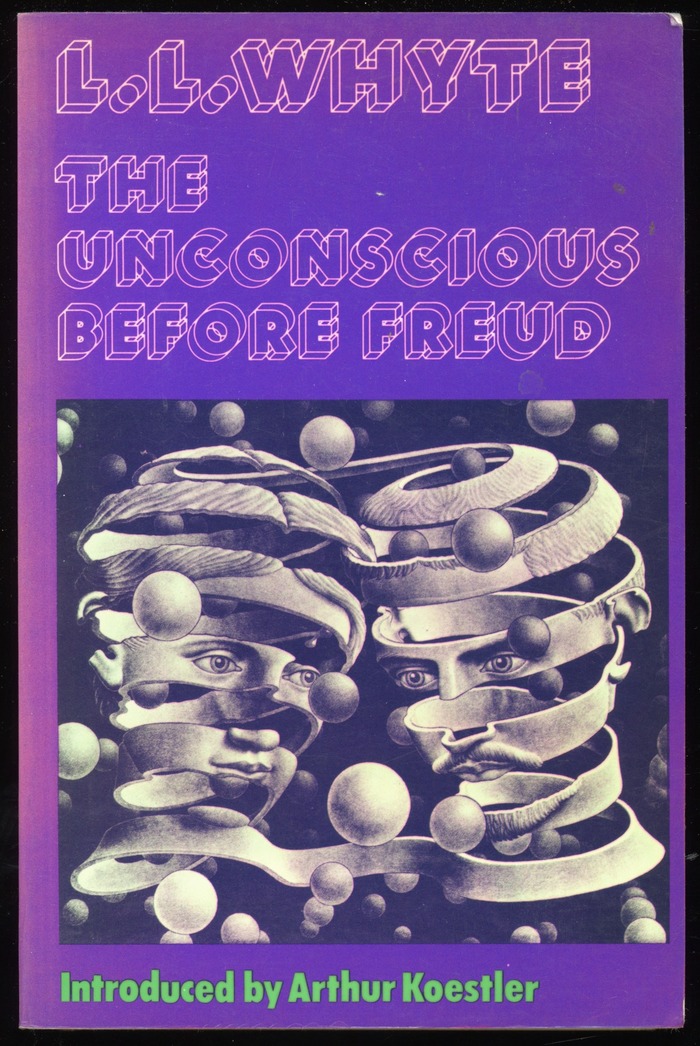该雕塑于1988年首次完工,名为“奔跑者”,是希腊艺术家科斯塔斯·瓦罗索斯创作的一尊40英尺高的公共雕塑。这个密集的层状结构是由成千上万个绿灰色的锯齿状玻璃碎片组成的,这些碎片围绕着铁堆成一个运动的流道。最初,这幅画被安放在雅典的Omonia广场,但由于担心它会被地铁的震动震倒,1994年,雅典将这幅画搬到了Megalis tou Genous Sholi广场。在设计这座雕塑时,瓦罗索斯考虑了在这些公共空间中会发生哪些类型的运动,以及它们会如何影响他作品的观赏性。他解释说,广场上人们的位置从来没有固定过。“就像每个城市一样,在这里,物体和建筑也是你在运动中看到的东西。”你很少停下来仔细看东西。观察雕塑的人有两种速度,这取决于他们在广场上的位置:走在人行道上还是开车经过。这里运作的空间不仅是纯粹的视觉空间,也是一种开放的触觉空间。





First completed in 1988, Dromeas or “The Runner,is a 40-foot-tall public sculpture created by Greek artist Costas Varotsos. The densely layered work is formed from thousands of jagged shards of greenish-grey glass which are stacked around iron in the formation of a runner in motion. Originally the piece was installed in the Athens’s Omo
nia Square, but due to fear that it would topple from underground metro vibrations, in 1994 the city moved the piece to Megalis tou Genous Sholi square. When designing the sculpture, Varotsos co
nsidered which types of movement occur in these public spaces and how they might impact the viewing of his work.“The position of people on the square is never fixed,he explains. “As is the case with every city, here, too, objects and buildings are things you see while in motion. Rarely do you stop to look closely at something. Individuals observing the sculpture do so at two speeds, depending on wher
e they are on the square: walking on the sidewalks or driving by in a car. The kind of space operating here is not o
nly a purely visual one, but also one open to the sense of touch; one generating a tactile sensation.”The ambiguous figure is meant to capture the exact moment one finishes a race—be that a literal translation of a marathon, or a more loose interpretation of co
nquering a challenging moment. You can see more of Varotsos’s public sculptures on his website. (via Atlas Obscura)










 17
17
 设计欣赏
设计欣赏
 行业资讯
行业资讯
 设计欣赏
设计欣赏
 行业资讯
行业资讯
 行业资讯
行业资讯
 行业资讯
行业资讯
 行业资讯
行业资讯
 设计欣赏
设计欣赏